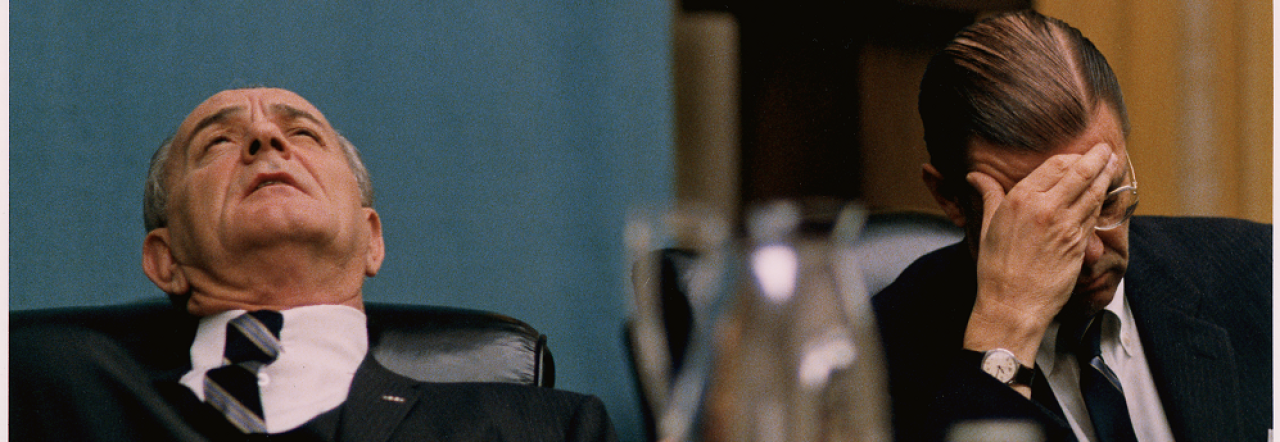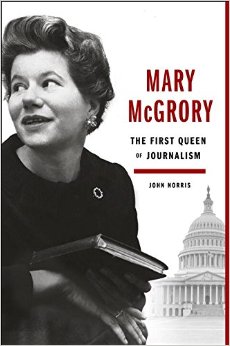When I in the sixth grade our family home turned on our first television. By the time the tube lit up the living room my likes and dislikes were already being well formed. With a daily newspaper and plenty of books being the norm in our home I was on the path that would steer me for decades to come. Therefore television became for me a tool I used to further my interests as opposed to it using me like a blank tablet. The decision by my parents not to have a TV during those first years in my life remains one of their best acts.
I still recall that there were two people in the early months of television who caught my attention. Looking back on them it is clear as to why they stood out, but at the time I only knew them to be different in some ways, always having plenty of interesting things to say, and if my parents had any thoughts on the matter it would have been akin to ‘bravo for anything that keeps him quiet’. Both of the people who caught my attention were involved with journalism and politics. I only knew then these were topics that I found interesting.
Teddy White seemed to know everything about presidential races and in later years I would come to read and love his Making of the Presidents series of books.
The second person was a woman who I would not actually read in the newspaper and come to better understand until I left home for my work in radio in Sturgeon Bay. But it was on NBC news shows as a teenager that I would first come to really enjoy Mary McGrory. She was just unique and made me sit up and listen.
So you can sense my delight this past weekend while reading the books section of the Sunday paper when I came across these opening lines of a review.
How much you might enjoy John Norris’s new biography of the longtime political columnist Mary McGrory can be gauged by your response to one of her few truly personal asides: “I should confess,” she once said, “I have always felt a little sorry for people who didn’t work for newspapers.”
If you find yourself nodding in warm agreement, then by all means, head for the bookstore immediately. “Mary McGrory: The First Queen of Journalism” will scratch every nostalgic itch with ink-stained fingers.
Well, you might imagine how I felt over those words given my life-long appreciation for reporters, newspapers, and politics. I might also add here a sincere Thank God for my best on-line friend, Amazon, who meets my every need. In minutes the book was ordered.
I have at times wondered over the years why no one had ever written a book about McGrory. After all, I can not be the only one she had made an impression on with her style and insights. Clearly she was influencing and transfixing a nation of readers and politicos as there is now what looks to me one tremendous book devoted to her life and career. I am so very pleased!
During her long and productive career, McGrory guided much of the national conversation. She arrived via dispatches from the Army-McCarthy hearings, mocking the self-serious Senator Joseph McCarthy as an “Irish bully boy.” She was on the campaign trail with John Kennedy and Hubert Humphrey, and was one of the first writers to home in on the elusiveness at the heart of Kennedy’s charm: “A prince in exile perhaps, or a very wealthy orphan.” She sat next to Richard Nixon at Martin Luther King’s funeral, sharing a hymnal with the man whose Watergate misdeeds later provoked her to such eloquence that she became the first woman to win a Pulitzer Prize for commentary. She was also one of the few women both liberal and powerful enough to make Nixon’s enemies list.
The proliferation of social media options and niche publications makes it difficult to imagine how much influence one person could have — but McGrory had sway and, even less commonly, grace. Promoted to columnist in 1954, she wrote up to four pieces a week for The Washington Star and then, starting in 1981, The Washington Post. By the time she died at the age of 85, she had been syndicated in newspapers across the country. She pushed invisible causes into the public light: Her final columns, warning against the country’s costly and self-defeating Iraq misadventure, make for especially poignant rereading.
Similarly, McGrory also brought to White House news conferences the Stephen Colbertian tactic of disguising damning commentary as deadpan naïveté. After Nixon resigned, the White House spokesman opened the daily press briefing by intoning, “This is not the time for partisan recriminations,” and McGrory pertly inquired, “When would be the time?” She wrote with a verve, chattiness and level of informed outrage that one might call blogger-like.



